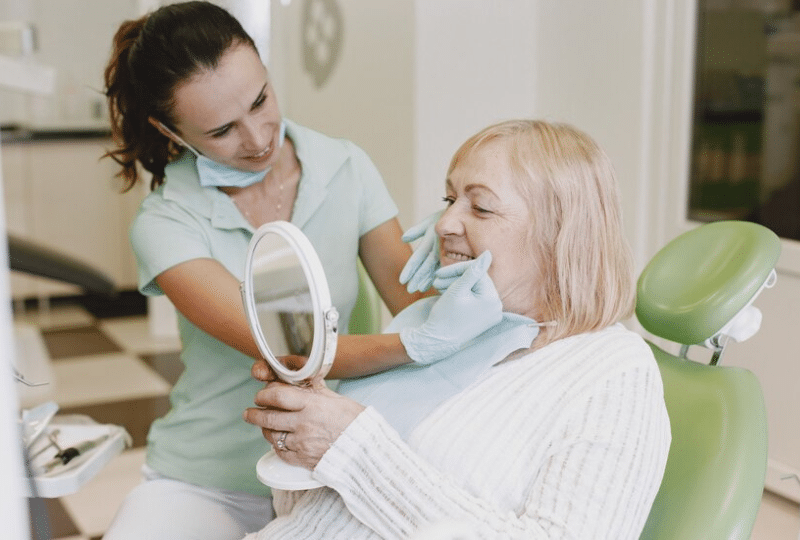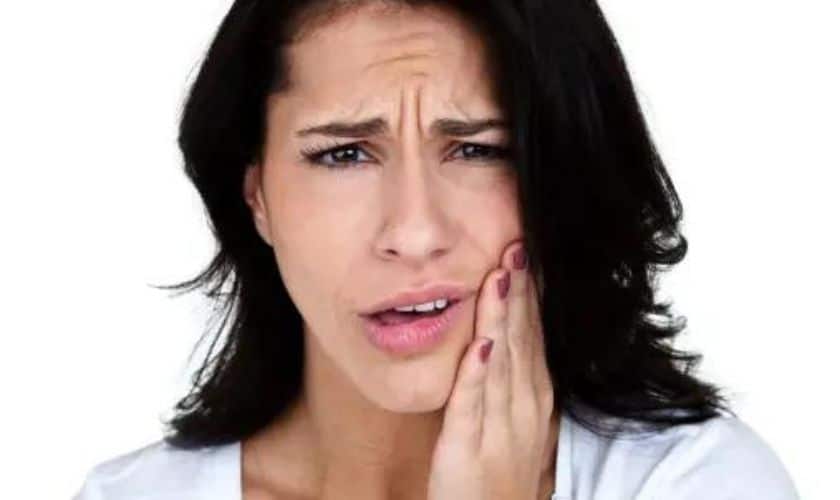
Are you looking for ways to quit smoking and protect your oral health? Quitting smoking is one of the most important steps that you can take to improve your oral health. Smoking has a negative effect on your overall health and increases the risk of oral diseases like oral cancer and gum disease. In this article, we will discuss how to quit smoking and protect your oral health.
Smoking cigarettes is one of the leading causes of poor oral health in many countries around the world. Smoking not only affects your general well-being, but it also increases the risk of developing oral diseases such as oral cancer, periodontal (gum) disease, and tooth decay. Quitting smoking is one of the best things you can do to improve your oral health and overall well-being. In this article, we will discuss some tips on how to quit smoking and protect your oral health.
Benefits of Quitting Smoking
Quitting smoking has many benefits for oral health, such as reducing the risk of oral cancer, gum disease, and tooth decay. Additionally, quitting smoking can improve your overall well-being by reducing stress levels and increasing energy levels.
Risk Reduction
Quitting smoking reduces your risk of oral cancer by decreasing the number of carcinogens in your mouth and body. It also reduces the risk of gum disease by preventing plaque buildup that causes inflammation and tissue damage. Finally, it reduces the risk of tooth decay by preventing the accumulation of harmful oral bacteria.
Improved Well-Being
Quitting smoking can also improve your overall well-being by reducing stress levels and increasing energy levels. Smoking increases stress hormones like cortisol, which can lead to fatigue, irritability, and anxiety. Quitting smoking will reduce these hormones and help you feel more relaxed and energized.
Better Oral Hygiene
Quitting smoking also makes it easier to maintain proper oral hygiene. Smoking decreases saliva production, making it harder for oral bacteria to be washed away from your teeth and gums. This can lead to plaque buildup, increased tooth decay, and gum disease if left untreated. Quitting smoking can help your oral hygiene routine be more effective.
Ways to Quit Smoking
Quitting smoking can be difficult, but many methods are available to make it easier. Here are some helpful tips on how to quit smoking and protect your oral health.
Nicotine Replacement Therapy
Nicotine replacement therapy is a method of quitting smoking that uses nicotine in the form of gums or patches to reduce cravings and withdrawal symptoms. This method works by gradually reducing the amount of nicotine you consume until you no longer need it.
Behavioral Therapy
Behavioral therapy is another way to quit smoking that focuses on changing unhealthy habits and behaviors related to smoking. This method helps smokers to identify triggers that make them want to smoke and provides techniques for avoiding or managing these triggers in the future.
Quit Smoking Medications
There are also medications available to help you quit smoking, such as bupropion and varenicline. These medications work by blocking the effects of nicotine in the brain, reducing cravings and withdrawal symptoms.
Tips for Protecting Your Oral Health
Quitting smoking is an essential step towards improving oral health, but there are other things you can do to protect your oral health. Here are some tips on how to keep your oral health in tip-top shape even after quitting smoking.
Healthy Diet
Eating a healthy and balanced diet can help keep your oral health in check. Eating foods high in calcium, phosphorus, and vitamin C will help strengthen teeth and gums. Additionally, limiting sugary snacks and drinks will reduce the risk of tooth decay.
Regular Dental Visits
Visiting the dentist regularly is essential for oral health, even after you quit smoking. Your dentist can help detect oral diseases early on and provide treatments to prevent more severe problems in the future. They can also teach proper oral hygiene techniques to ensure good oral health.
Quit Smoking Support Groups
Quitting smoking can be difficult, so it’s essential to have a support system in place. Joining a quit-smoking support group can help you stay motivated and on track and provide insight into how to protect your oral health post-quitting.
Conclusion
Quitting smoking is an important step toward improving oral health. It reduces the risk of oral cancer and gum disease, increases well-being, and makes it easier to maintain proper oral hygiene. Many methods are available for quitting smoking, such as nicotine replacement therapy, behavioral therapy, and quit-smoking medications. Additionally, there are tips for protecting oral health even after quitting, such as eating a healthy diet, visiting the dentist regularly, and joining quit-smoking support groups.
A: It typically takes about two weeks for oral health benefits to show after quitting smoking. When you quit, the mouth produces more saliva, which helps wash away oral bacteria and reduce plaque buildup on the teeth and gums.
A: Nicotine replacement therapy is a method of quitting smoking using nicotine in gums or patches to reduce cravings and withdrawal symptoms. This works by gradually reducing the amount of nicotine consumed until it is no longer needed.
A: You can protect your oral health post-quitting by eating a healthy diet, visiting the dentist regularly, and joining quit-smoking support groups. Additionally, practicing good oral hygiene, such as brushing twice a day for two minutes and flossing daily, will help you maintain your oral health.



